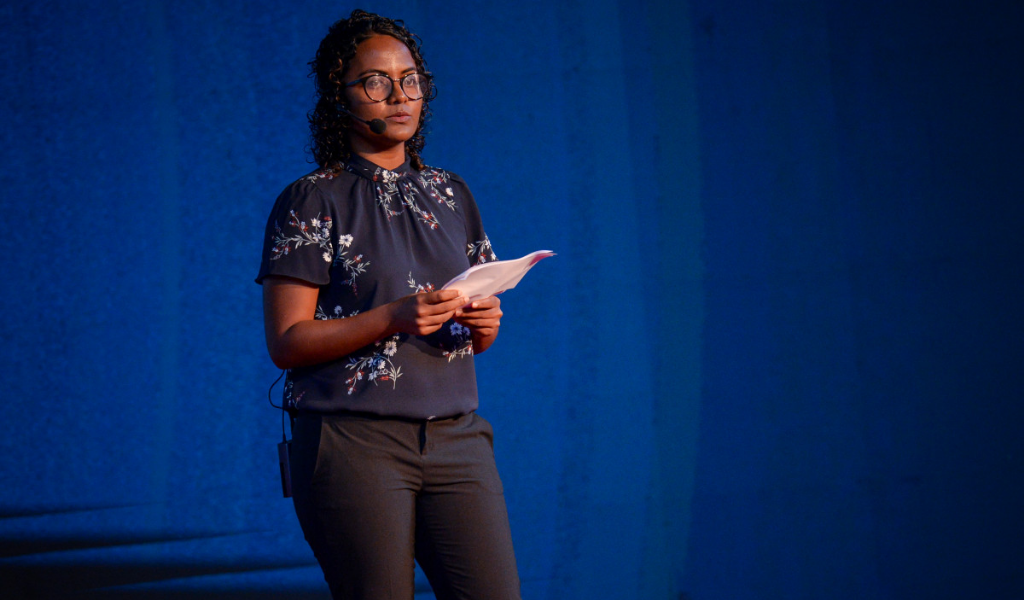
Its Not Too Late, To Save Our Beautiful Earth
The Intergovernmental Panel on Climate Change (IPCC) issued its Sixth Assessment Report AR6, WGII Climate Change 2022: Mitigation of Climate Change, yesterday, which finds that GHG emissions have continued to rise during the period 2010-2019, and average annual GHG emissions during 2010-2019 were higher than in any previous decade, but the rate of growth between 2010 and 2019 was lower than that between 2000 and 2009.
The findings of the report indicate that more than any time ever, we have reliable, cost-effective, and technological solutions to address the climate emergency and build a resilient world. It has confirmed that with deeper emission cuts in all sectors and policies, transfer of technology, and timely interventions, it may not be too late to avoid or limit some of the worst effects of climate change.
This requires stronger commitments and urgent implementation from all parties. However, time is of the essence as we need to halve our emissions by end of this decade if we want to avoid temperature rise.
Miniter Shauna says "Time is running out, we need to recognize this is a climate emergency. More decisive action is necessary without delay, to reach our collective target of limiting global warming to 1.5 degrees. The technology is already available, and it's advancing. It is just a matter of commitment and global cooperation".
Although the task ahead of us is not easy, the latest IPCC report gives us more clarity that the economic benefit of reducing GHG emissions exceeds its cost. However, the challenge for vulnerable and developing countries is securing upfront capital, technology, and support to transform our energy systems and increase their reliability.
While embarking on accelerated mitigation actions, we need more finance and support to accelerate our path towards the proliferation of cleaner and greener technologies in our energy production, to meet our needs while significantly reducing emissions, and strengthening wider socio-economic development goals.
The Maldives is working to increase the use of renewable energy in its energy mix, while also promoting energy efficiency. To date, our share of renewable energy has increased to 39.5 MW, and we have 29.3 MW in our pipeline. With the promotion of energy efficiency and policy tools, we are determined to decrease our dependency on fossil fuels.
We have less than 92 months left to limit global temperature rise to 1.5 Degrees. The urgent implementation of mitigation measures alongside a review and ratcheting of existing commitments are required in light of the findings of the report.
The efforts made by the IPCC, the scientific teams, and all those who have contributed to producing this important report are more than commendable, especially during a very challenging time.